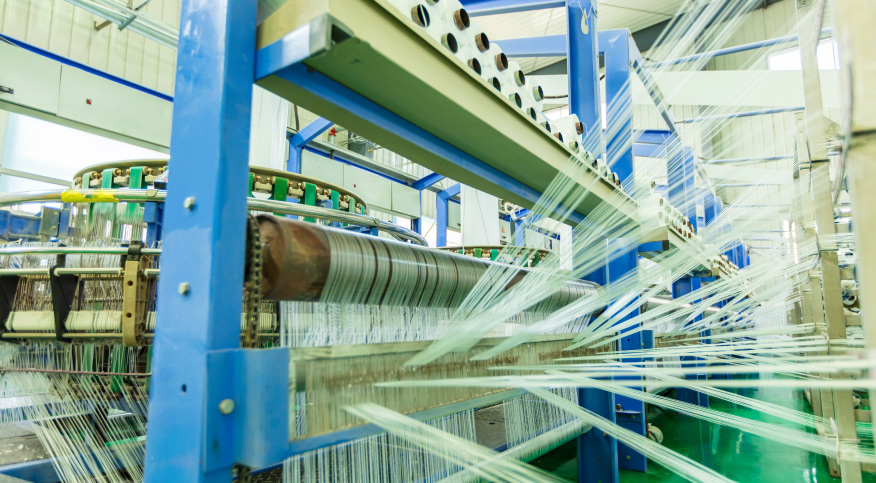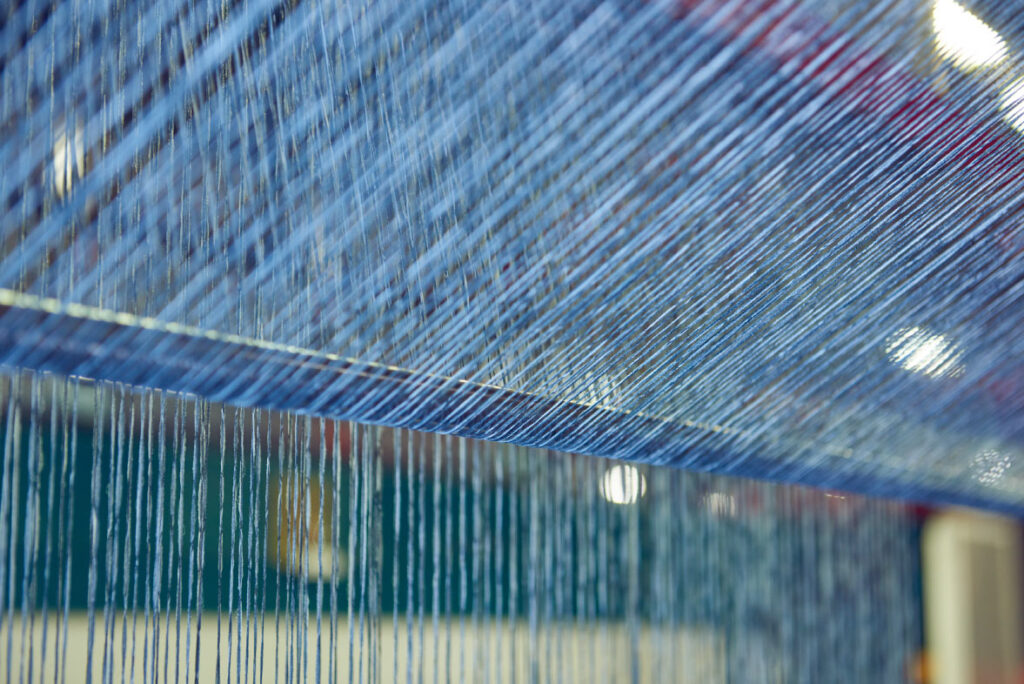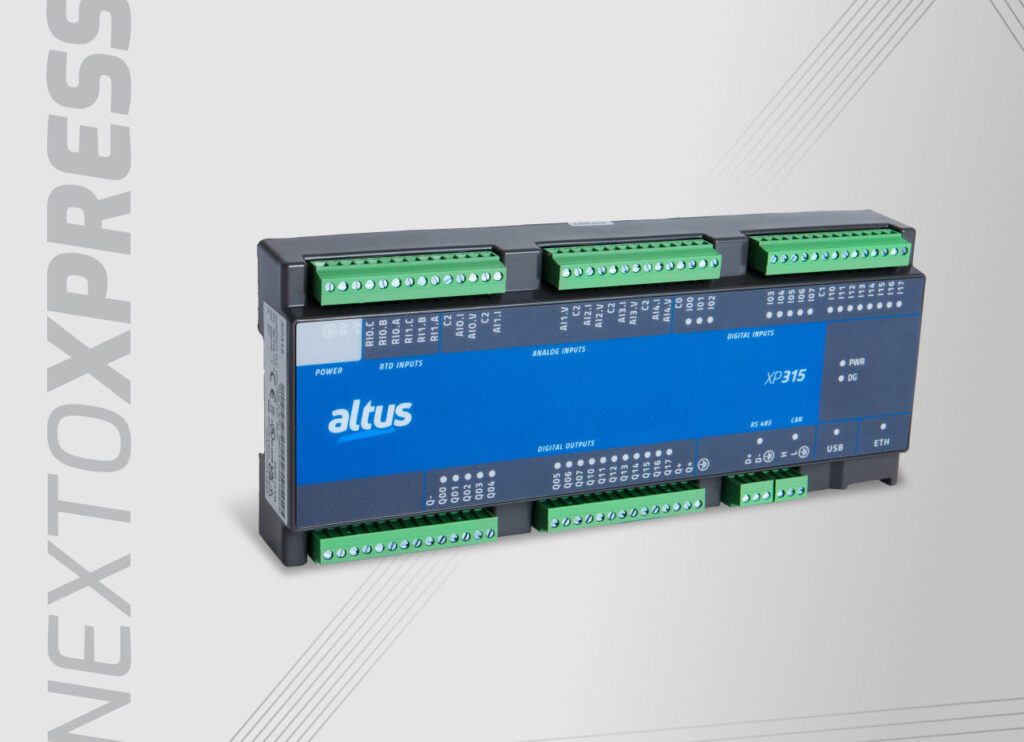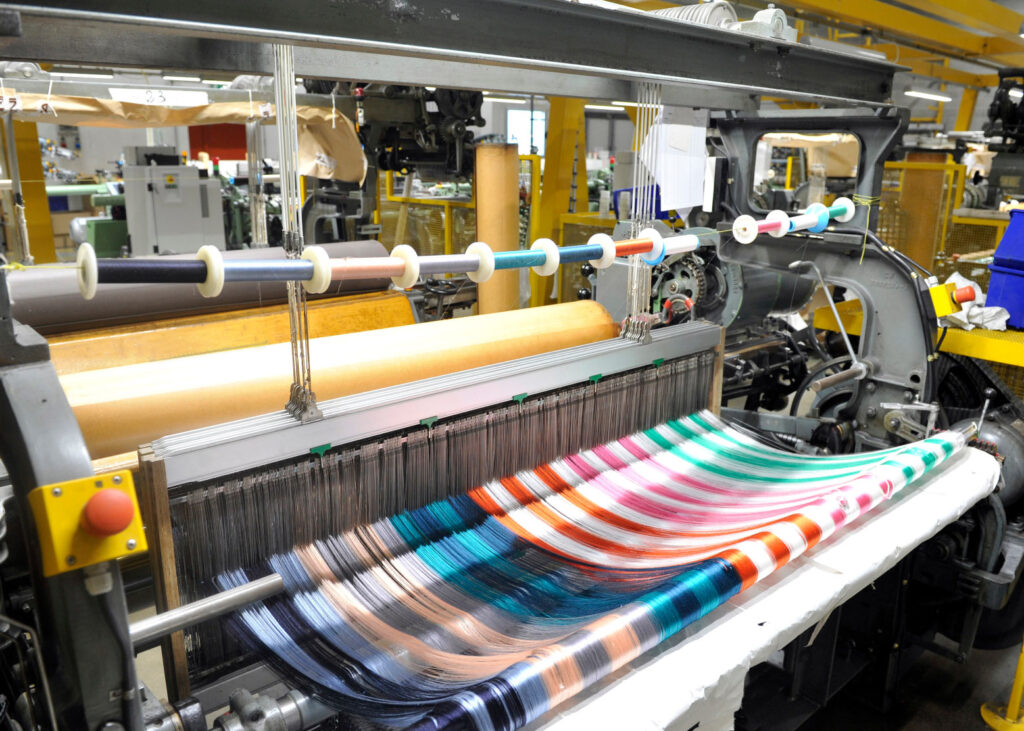- Segments
- Manufacturing Industry
- Textile
Boost productivity and safety in the Textile Industry
Gain better control and enhance productivity in your production line machinery
The advanced technology built into Altus products allows them to be used in both retrofit projects and new developments within the textile industry. The features integrated into Nexto PLCs enable you to optimize production and ensure safer operations across large production units.
Ask for a advisory
Do you want to implement your current project with us? We will be happy to advise you!
Projects and solutions for the sector

Textile Machine Revamp
The high embedded technology in Altus products and software was used as a central component in the revamp of the control and automation system for a major Brazilian textile manufacturer.

Control System Modernization
A prominent Brazilian company in the national textile market sought the ideal solution from Altus to maintain the operational stability of its yarn and fabric finishing unit.
Our solutions for this industry
Consistent production with high customization
Consistent production with high customization The technology embedded in Nexto System programmable controllers gives you full control over the key processes in textile manufacturing. With our PLCs, you can ensure precision in speed, tension, and weaving patterns, leading to high-quality, uniform fabrics. This not only improves production efficiency but also reduces material waste and saves time.
Moreover, using Nexto PLCs makes it easier to quickly adapt to changes in fabric designs or patterns, offering the flexibility and agility needed to meet ever-changing market demands for variety and customization.
Automation powered by our controllers also helps minimize human errors, improving product accuracy and consistency. This reduces rework costs and elevates the overall quality of your fabrics.

Seamless communication for variable control
With onboard inputs and outputs directly integrated into the controller, the XP series products can be used in different textile industry processes. The PLCs in this family have the ability to precisely control temperature, pressure, and process time, ensuring adjusted colors and patterns in fabrics. This not only elevates product quality but also reduces raw material waste and production time.
The features available in the XP series allow it to operate in the most complex processes found in the industry, such as control of boilers, scrapers, mercerizers, spinning, knitting, weaving, sanforizers, extract washers, finishing, garment manufacturing, among others.
Learn more about the compact and IoT-ready PLCs from the XP series

Strict monitoring of final product quality
Nexto System programmable controllers can also handle quality control, monitoring key parameters such as fabric strength, thickness, and uniformity to ensure that the final products meet the highest standards. With the processing power of NX PLCs, you can implement advanced applications with complex scripts to maintain precise control over these variables, producing fabrics that consistently meet quality expectations.
The NX3005, NX3008, and XP340 models also come with WebServer functionality, allowing you to create supervision and monitoring interfaces without needing SCADA software. This feature is built into the PLC’s memory and can be accessed via any web browser on a computer, tablet, or smartphone connected to the network.
Learn more about the cutting-edge technology in the NX Series PLCs

Advanced technology for predictive maintenance
With processes that require high availability and continuous operation, the textile industry demands investment in resources that enable efficient predictive maintenance. By using the programmable controllers from the NX series, you gain the ability to integrate machine and equipment monitoring systems to predict failures and schedule interventions before unplanned shutdowns occur.
By utilizing high-performance PLCs with real-time data analysis capabilities, such as the products from the NX series, you can accurately predict the need for machine maintenance, preventing unscheduled downtime and reducing costs associated with emergency repairs. Furthermore, predictive maintenance increases the lifespan of plant equipment, enhances worker safety, and contributes to production efficiency.






